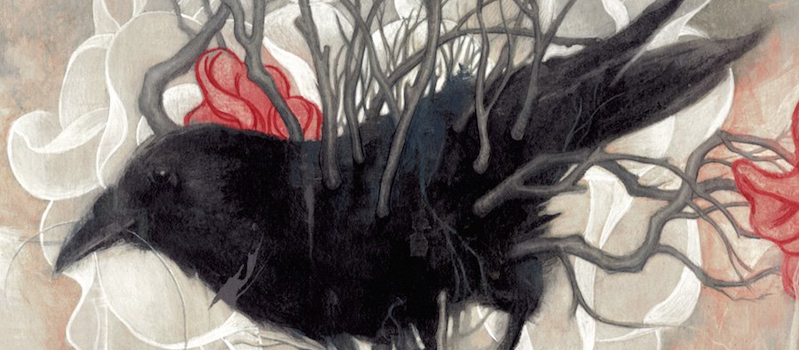Originally published in The Montclarion Feb. 1, 2001
Countless bands, from those performing for screaming legions at sold-out arenas to those establishing themselves at local venues, seem to suffer at the hand of weather-worn artistic formulas and conventions of commercial success. Even artists clinging to the creative integrity of local or independent scenes are prone to fall victim to dry spells where talent becomes subverted by predictability.
For every one hit wonder and boring revision of the same old routine, though, there are a handful of bands and individuals whose work attempts to transcend the status quo and imprint a signature across uncharted musical territory.
Sometimes, you just need to look a little harder to find them.
Such is the case with Farm, a New Jersey quartet whose first demo, the sadly unreleased “Episode 113,” is among the best records that you’ll probably never hear.
Led by MSU student Matt Schleck on guitar and vocals, Farm was an emotive rock band whose sense of composition and time seemed developed far beyond their years. Though their impressive eight song debut calls to mind the dynamics of bands like Slint, Sunny Day Real Estate, A Minor Forest and June of 44, the songs are far from predictable or derivative.
If anything, the album’s best moments are its frequent surprises, be it the intense, catchy and guitar-driven chorus of the album-opening “Ireland,” the bass and jazz guitar interlude in the instrumental “Millionaire,” or the mounting tension-and-release techniques of songs like “Spurito,” “Fern,” and “Paroxysm.”
Schleck and guitarist Will Storer manage to create layers of sound that are subtly textured instead of being cluttered. As a result, the vast majority of the record’s choruses are raw and powerful without being clunky or cumbersome. When was the last time you listened to a local band whose use of guitar was innovative instead of boring?
“Episode 113,” though, is about a lot more than inventive electric guitars. Bassist Chris Shar, providing velocity and weight to Schleck and Storer’s guitar work, invokes the spirit of Tortoise alums Bundy K. Brown and Dave Pajo with his fluid movement and dexterity. P.J. Winters, on drums, keeps time among the shape-shifting and holds together pieces like “Ireland,” whose bridges on guitar and bass are so intertwined that, if misguided, they could have become tangled up and lost within themselves.
But “Episode 113,” while showing a frighteningly pronounced attention to spatial detail, is far from the sometimes academic tones of math rock, a genre that has come to be known for its complicated guitars, epic crescendos and manipulated time signatures.
The chorus in “Benny” and sections of “Fern” ring immensely of power pop and “Episode”’s hooks might owe as much to early Radiohead as they do to A Minor Forest’s “Flemish Altruism.”
The album-closing “Wake, My Rooster,” all drifting, dream-like guitar and swaying drums, sounds like both a reprise and a lullaby. Given the sometimes-brooding intensity of “Episode 113,” “Wake” sounds all the more tender and human, words rarely ascribed to the jagged edges and visceral assaults on space that often permeate math rock.
Another key element in how “Episode” keeps itself very human and accessible is Schleck’s voice. Often concealed behind veils of guitar and bass, he turns in alarmingly vulnerable performances, projecting a range of emotions from regret to longing to frustration. On tracks like “Ireland,” the record’s best – and arguably most expansive – track, it’s his voice winding its way between the guitars and, in the end, nearly soaring over them that is the most affecting.
Taking in the full breadth and scope of “Episode 113,” it’s hard to believe that band was still in high school when they wrote and recorded it. There may be scores of bands filling seats in packed arenas and concert stadiums, putting forth the old formulas and conventions of songwriting, but there’s something appealing about bands like Farm.
They’re diamonds in the rough.



